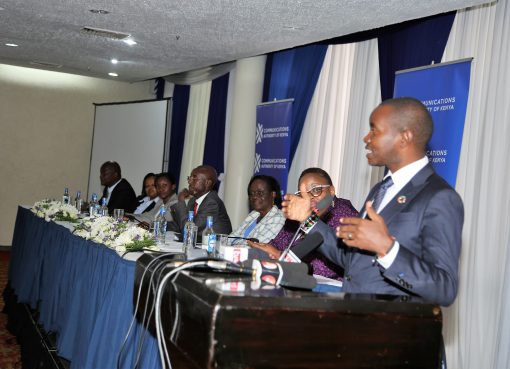Youth from the Maasai Community have been challenged to embrace and preserve their cultural heritage so as to pass it on to future generations.
Participatory Ecological Land Use Management (PELUM) Kenya, Coordinator Ngunjiri Kihoro, said culture plays an essential role in promoting sustainable, social and economic development for future generations.
Kihoro, who spoke in Kajiado town during an event to showcase the Maasai cultural diversity, emphasized the importance of bio-cultural conservation for posterity.
He noted that it was important for elders in the community to pass traditions and culture to the youth to ensure sustainability.
“The youth act as a bridge between cultures and to ensure that culture does not disappear as a result of the changing lifestyle, elders must pass cultural knowledge and traditions to the youth for preservation.” said Kihoro.
The coordinator noted that the Maasai were among the few communities in Kenya who have managed to preserve their rich cultural heritage over generations.

He added that Maa culture is well recognized both locally and internationally and it will take concerted efforts by the community to maintain and sustain it.
Jane Nyamwamu, a Programs Officer at Neighbors Initiative Alliance (NIA), reiterated that the Maa community have a rich cultural heritage which they should guard jealously.
Nyamwamu said apart from a colorful and unique dress code, the community was well known for their traditional herbal medicine, initiation rites, beadwork among others.
Nyamwamu further called on the community to harness bio-culture to mitigate the adverse effects of climate change.
Caleb Marini, a Youth leader, urged the youth to be on the forefront in promoting their culture so as to maintain their identity.
Marini further called on the youth to conserve the environment and adopt climate smart agricultural practices such as construction of trenches, agroforestry, rangeland management and modulated pastoralism.
He added that the youth were the agents of change in the community and they should take up a leading role in climate change mitigation.
By Rop Janet




